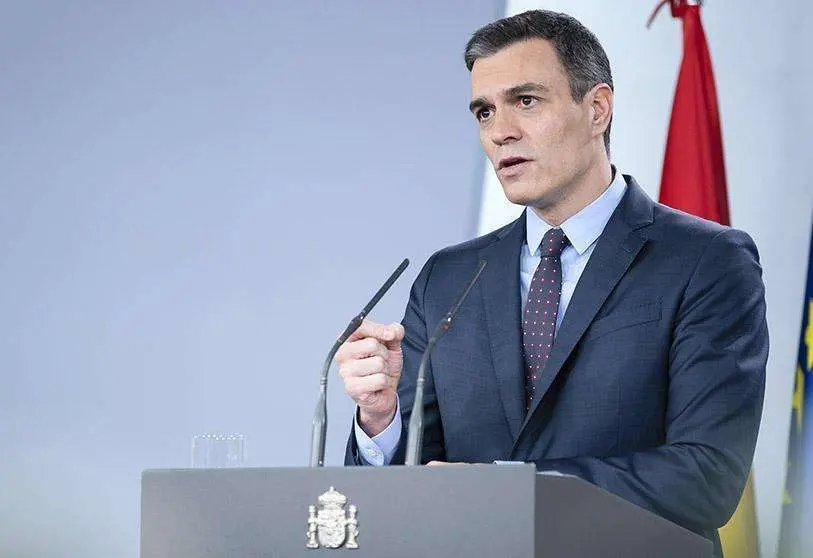Spain and Morocco to share a discussion table during the EU-AU summit

The sixth Euro-African summit begins. Brussels is hosting an emblematic meeting that promises to be a meeting in which both continents manage to bring positions closer together in order to continue working towards a common path.
On the occasion of the meeting, the President of Spain, Pedro Sánchez, has called on both European and African leaders to take advantage of this opportunity "to set common strategies" and emphasised the importance of the summit "for Europe and in particular for Spain". He also indicated that the meeting is a turning point for "economic progress, prosperity, security, peace and the fight against terrorism and irregular immigration".

In relation to the latter issue, Sánchez will take part in a round table discussion on the subject of immigration. The Moroccan foreign minister, Naser Burita, will be chairing the round table, coinciding with the current diplomatic crisis between the two countries. In this context, the summit could be an opportunity for both Spain and Morocco to bring their positions closer together on such a delicate issue as immigration.
In addition, the Spanish government will co-chair a round table discussion on peace and security, a key issue in the current context due to the growing insecurity plaguing the continent. The President of Mauritania, Mohamed Ould Ghazouani, and his Ghanaian counterpart, Nana Akufo-Addo, will be present.

Climate change, agriculture, counter-terrorism and the health crisis will also be key issues during the two days of meetings. Among them is a strategic plan for a European brand that aims to mobilise 150 billion euros in public and private investment throughout Africa. A budget that will be spread over the next seven years and which, in turn, aims to curb China's economic influence on the continent.
During the summit, EU High Representative for Foreign Affairs Josep Borrell said on his arrival that Europe "is Africa's best friend" and that "the biggest investors, the biggest donors and trading partners are Europeans. We have a lot to work with Africa because Africa's problems are our problems.

Mali, however, will not attend the meeting as a result of its suspension from African Union membership after it suffered another coup d'état last April. Moreover, the summit coincides with the end of Operation Barkhane, a mission deployed in Mali, among other Sahelian countries, whose main objective was to fight jihadism in the country.
In view of Mali's absence and the imminent withdrawal of Western troops, Borrell declared that Europe is "not abandoning Mali", only "restructuring our presence. We will continue to support the people of Mali and the Sahel. But it is important that this support is implemented in accordance with the political situation in the country.

In the aftermath of this event and ahead of the summit, the G5 countries together with international countries have indicated that they "will remain committed to supporting Mali and its people in their efforts to achieve lasting peace and stability and to combat terrorist threats in the Sahel region".
They reaffirmed their "willingness to continue to work with the people of Mali and to engage with them over the long term to address all the challenges posed by the activity of armed terrorist groups in the Sahel. They also expressed their "full support for the ongoing efforts of ECOWAS and the AU to return Mali to constitutional order as soon as possible".

Despite the fight against terrorism, the energy transition and the climate crisis will be another of the highlights of the meetings. These key points were mentioned by the President of Senegal, Macky Sall, who told EFE that the continent "does not consider itself responsible for climate change" because "it emits less than 4% of CO2. It is a continent that is not industrialised and therefore we cannot ask it to give up fossil energy while those who are responsible for pollution continue to use it".
Sall called for "greater climate justice" which would translate into "an accompaniment in a transition period that allows Africa to commit itself against climate change, but also to be able to provide electricity to the 600 million Africans who still do not have it".








